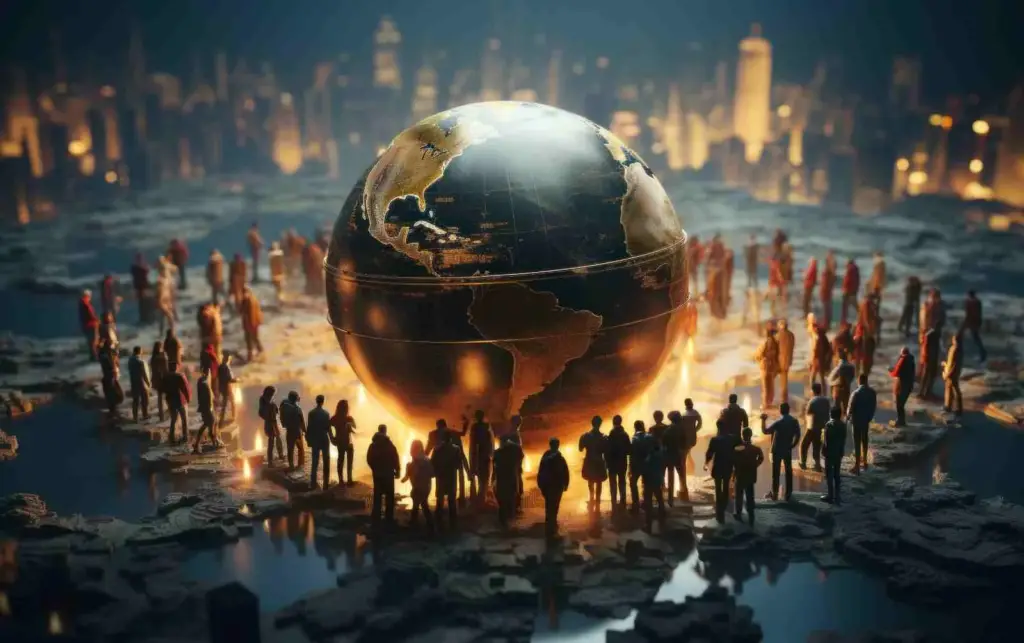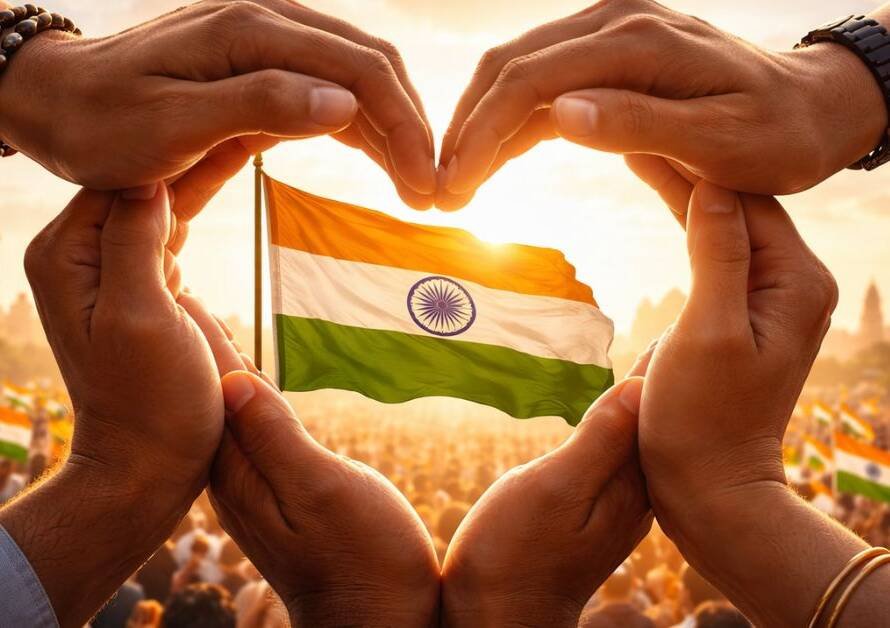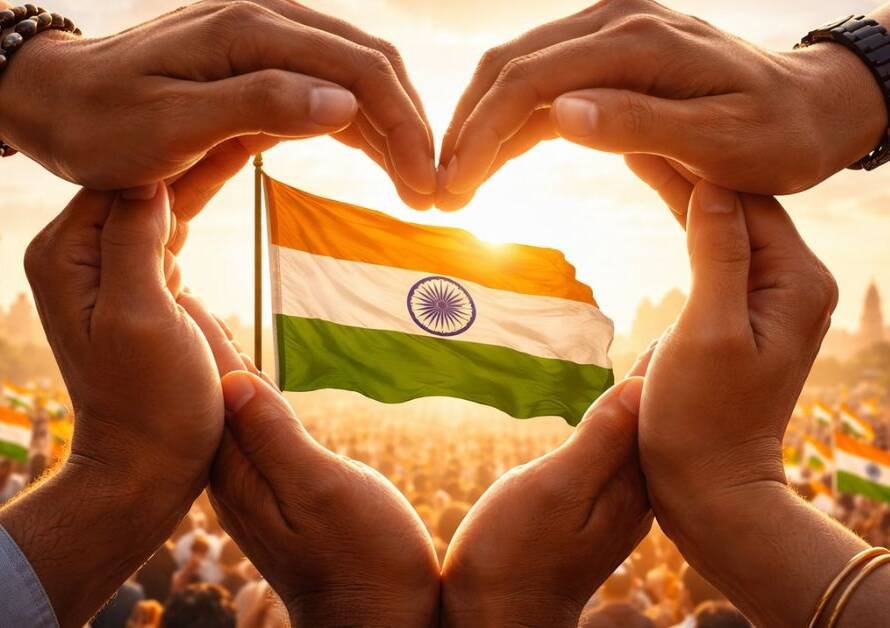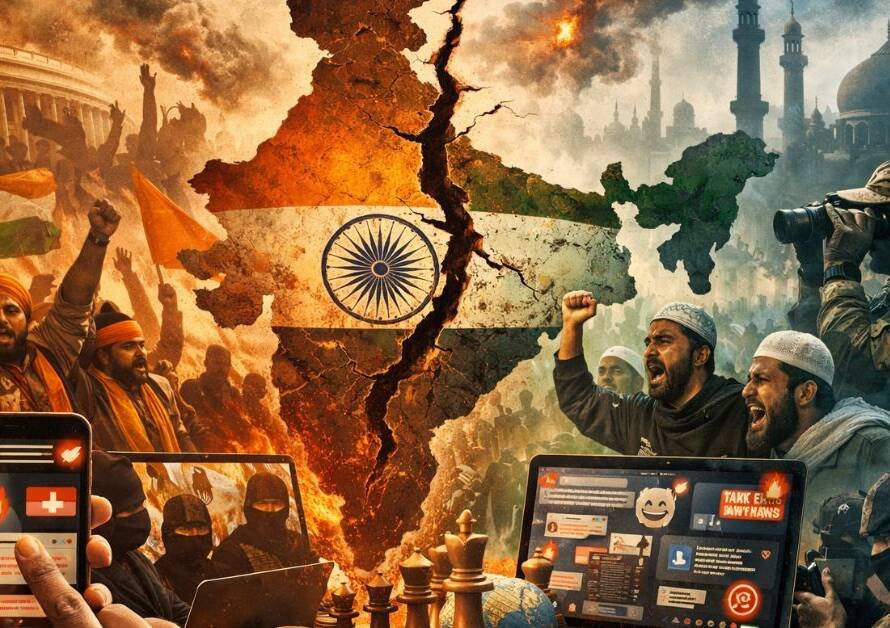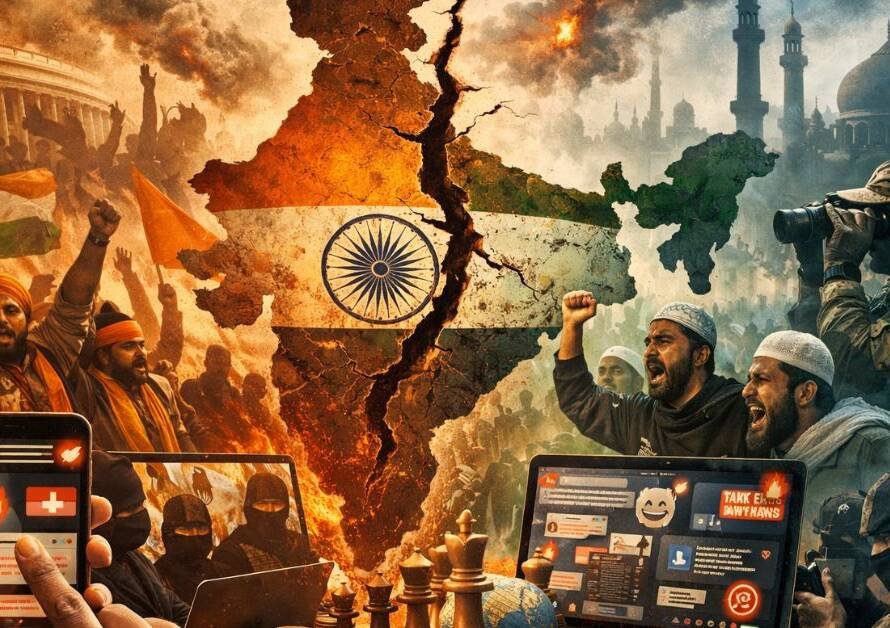New Zealand’s Prime Minister resigned in tears, citing the lack of money, jobs, and an economy that seems like a directionless, lost boat.
Australia is not faring much better; it is barely managing to stay afloat, relying on reserve funds to keep the country going.
In the UK, the Prime Minister stepped down within just a month and a half, and even with Rishi Sunak taking over, meaningful progress remains elusive.
The United States is bracing for what could be one of the largest economic recessions in its history, casting a shadow of uncertainty over the global economy.
China is still reeling from the aftereffects of the COVID-19 pandemic. Major multinational companies are pulling out, which is putting further strain on an already slowing economy.
The European continent is facing a fractured reality, largely due to the ongoing Russia-Ukraine crisis, which has divided the region politically and economically.
In the Muslim world, many countries like Iran, Afghanistan, Iraq, and Gaza are ravaged by years of internal conflict and external interference. Meanwhile, the remaining nations face rampant poverty, food insecurity, and internal divisions.
Even traditionally wealthy nations like Dubai and Saudi Arabia are shifting their focus toward tourism as they move away from strict adherence to Sharia law. Their reliance on oil revenue is waning as the world transitions away from fossil fuels, forcing them to rethink their long-term economic strategies.
Closer to home, India’s neighboring countries like Pakistan, Bangladesh, Afghanistan, and Sri Lanka are in financial ruin. They are either bankrupt or on the verge of bankruptcy, unable even to pay their government employees and struggling to meet basic survival needs.
Amid this global chaos, India is an outlier, growing stronger and more resilient every day under the leadership of Prime Minister Narendra Modi:
India has carried out dozens of missile tests, is modernizing its military, and is rapidly building high-speed trains, expressways, and major infrastructure projects that have the world taking notice.
The Modi government has implemented hundreds of schemes aimed at supporting farmers, empowering ordinary citizens, and lifting the marginalized sections of society. These initiatives are unprecedented in the country’s history and are bringing about real, tangible changes on the ground.
Modi ji is unveiling and dedicating significant projects across India almost every day. These are not mere announcements; many projects are being completed ahead of schedule, fueling economic growth and national pride.
In contrast to other nations, which are either stagnating or collapsing, India’s trajectory is set on a path of global leadership. If this trend continues, India could well be on its way to becoming a dominant global power in the next 20-25 years.
This remarkable success is largely attributable to the visionary leadership of Prime Minister Modi, a man who has guided India through a decade of tremendous growth and transformation. Had he not been at the helm during these critical years, India’s situation could have mirrored the struggles seen in many other parts of the world.
And let me clarify: this is not about blind support for Modi ji. I speak not as a political follower, but as a concerned and hopeful well-wisher of India. The results we see today are a testament to how decisive, courageous, and visionary leadership can steer a nation away from peril and towards prosperity.

